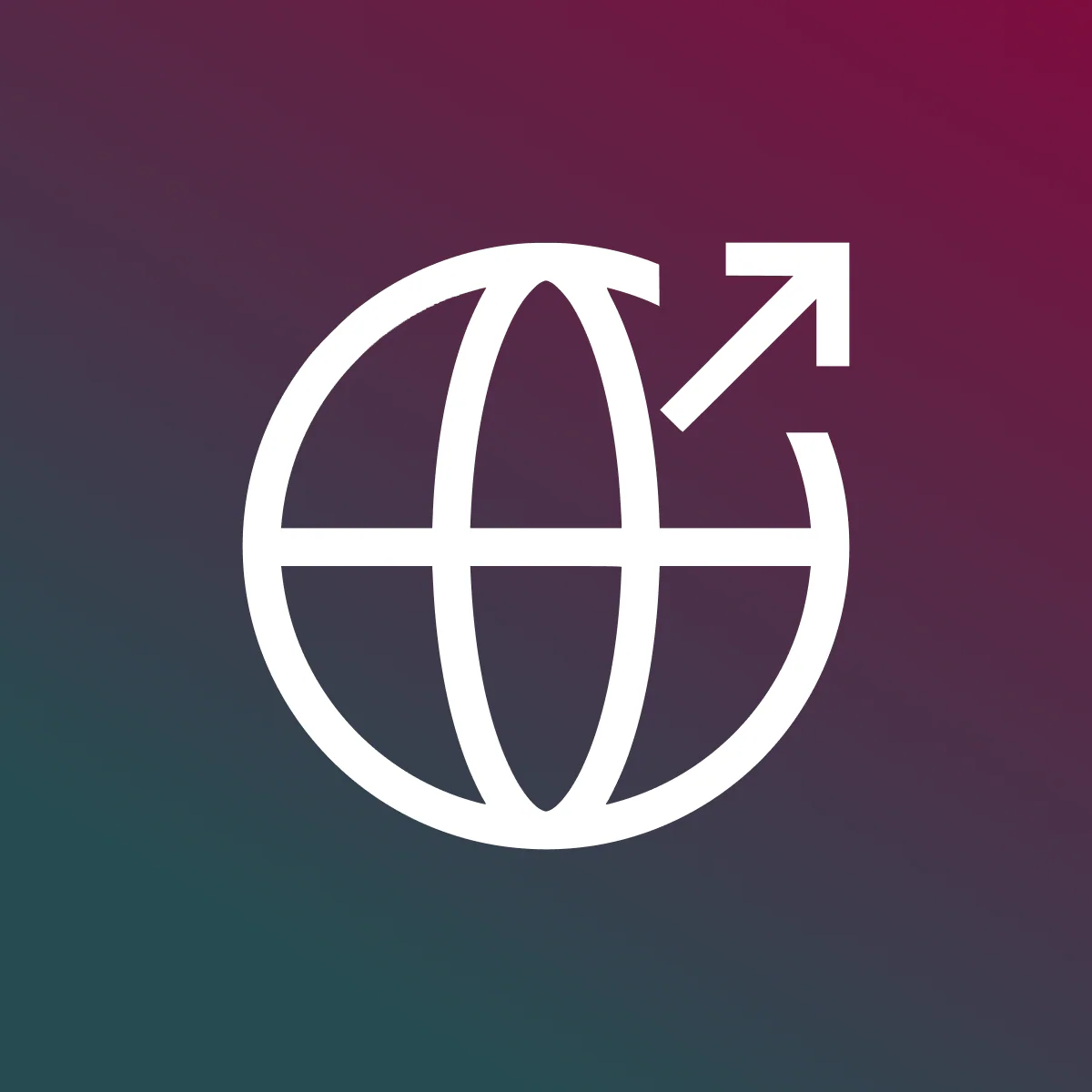What Are Internationalization Tools
Internationalization tools are essential components in the technology stack of global eCommerce and D2C brands. These tools help online retailers expand beyond domestic markets by adapting their websites, pricing, and content to suit customers in different countries and languages. They allow brands to deliver localized experiences that improve accessibility, trust, and conversion rates across international audiences.
By managing language translation, currency conversion, tax and duty calculation, and region-based logistics, internationalization tools streamline cross-border commerce. They integrate seamlessly with eCommerce platforms like Shopify, enabling brands to reach new markets efficiently while maintaining a consistent brand identity and user experience worldwide. For discoverability, pairing localization with strong on-site metadata practices can amplify results—see this guide on writing better eCommerce metadata.
When implemented effectively, internationalization solutions become a growth accelerator — helping brands scale globally, reduce cart abandonment, and foster long-term loyalty among international customers. As you optimize experiences across regions, consider controlled experiments to validate impact; here’s how to run A/B tests without losing conversions.
Key Benefits of Internationalization Tools
Internationalization tools provide numerous benefits for eCommerce and D2C brands aiming to reach a global customer base, including:
- Localized Shopping Experience: Automatically display language, currency, and regional content that align with each shopper’s location and preferences.
- Higher Global Conversions: Reduce friction in the buying process through tailored checkouts, accurate duties, and transparent pricing.
- Regulatory Compliance: Simplify tax, duty, and shipping compliance for international orders.
- Operational Efficiency: Centralize management of multiple regions within a single dashboard and streamline backend workflows.
- Customer Trust: Enhance confidence with familiar currencies, languages, and delivery expectations.
- Scalable Expansion: Enable rapid entry into new markets without heavy development or translation overhead. To control costs while scaling, study how to lower acquisition cost with enterprise SEO.
Different Types of Internationalization Tools
Depending on brand goals and operational scale, internationalization tools can be categorized into several core types:
- Localization and Translation Tools: Apps like Langify and LangShop translate product pages, checkout flows, and dynamic content into multiple languages for international shoppers. AI can accelerate workflows—learn practical use cases in this AI-in-commerce guide.
- Currency and Checkout Tools: Platforms such as SmartCS Currency Converter and GeoMarket’s Currency and Country Selector automatically display prices and content in local currencies to reduce confusion at checkout.
- Global Logistics and Compliance Platforms: Solutions like Passport and Mayple Global manage international shipping, customs, and duty calculations to simplify fulfillment.
- Comprehensive Cross-Border Platforms: Tools such as Global-e and Zonos combine localization, logistics, and compliance into one end-to-end international eCommerce solution.
Each type addresses a unique challenge within global commerce, allowing brands to choose solutions based on their maturity and target markets.
Key Features of Internationalization Tools
Top internationalization solutions share several defining features that enhance cross-border selling efficiency and customer satisfaction:
- Automatic Geo-Detection: Identify a visitor’s country and language via IP or browser settings to tailor content automatically.
- Multi-Language Translation: Translate store content and product data into multiple languages with real-time or AI-powered tools.
- Currency Conversion: Display accurate local currency prices with live exchange rates and transparent fees.
- Duties & Taxes Calculation: Provide clear landed costs at checkout to prevent unexpected charges and reduce cart abandonment.
- Localized Checkout: Offer region-specific payment options and shipping rates to align with customer expectations. Enhancing PDPs for each locale also matters—see how to optimize product detail pages.
- Seamless Integrations: Connect easily with Shopify, WooCommerce, or other eCommerce platforms for unified backend management.
Key Things Internationalization Tools Do
Internationalization tools empower D2C brands to expand globally and deliver frictionless shopping experiences. Common capabilities include:
- Enable Multi-Market Selling: Launch localized storefronts for multiple countries without duplicating backend work.
- Optimize Conversions Abroad: Personalize pricing and checkout flows to minimize drop-offs and boost revenue in international markets. Track the impact on averages like AOV—here’s what AOV is and how to improve it.
- Simplify Global Shipping: Automate international fulfillment, customs handling, and delivery tracking.
- Build Brand Consistency Worldwide: Ensure consistent product messaging and visual identity across all markets and languages.
- Improve Compliance: Automatically apply correct duties, taxes, and import regulations to each order.
Who Uses Internationalization Tools at a D2C Brand
Multiple teams across an eCommerce organization leverage internationalization tools to achieve global success:
- E-commerce Managers: Oversee market expansion, storefront localization, and integration with cross-border platforms.
- Marketing Teams: Adapt campaigns and messaging for cultural and linguistic relevance in each region.
- Operations and Logistics Teams: Manage international shipping, customs documentation, and order tracking.
- Finance Teams: Monitor foreign exchange, taxation, and pricing structures for profitability in each market.
- Founders or Growth Leads: Use insights from global analytics to identify new opportunities and measure ROI of international operations.
What Are the Best Internationalization Tools
Some of the most effective and widely used internationalization tools among D2C brands include:
- Global-e: A comprehensive cross-border eCommerce platform enabling brands to sell seamlessly in 200+ markets with localized experiences.
- Langify: A Shopify app that translates store content to multiple languages for global accessibility.
- Zonos: Provides accurate landed costs, tax automation, and international payment support to simplify cross-border checkout.
- Passport: Offers integrated international logistics, compliance, and fulfillment for D2C brands expanding globally.
- Orbe: Detects shopper location and browser language to redirect customers to the most relevant localized storefront.
- LangShop: Uses AI-powered translations and automatic currency conversion to create dynamic multilingual stores. For content-heavy teams, this can pair well with CMS workflows—see how to use Webflow for DTC content marketing.
Together, these tools empower modern D2C businesses to scale internationally, optimize customer experiences, and capture new revenue opportunities worldwide.










